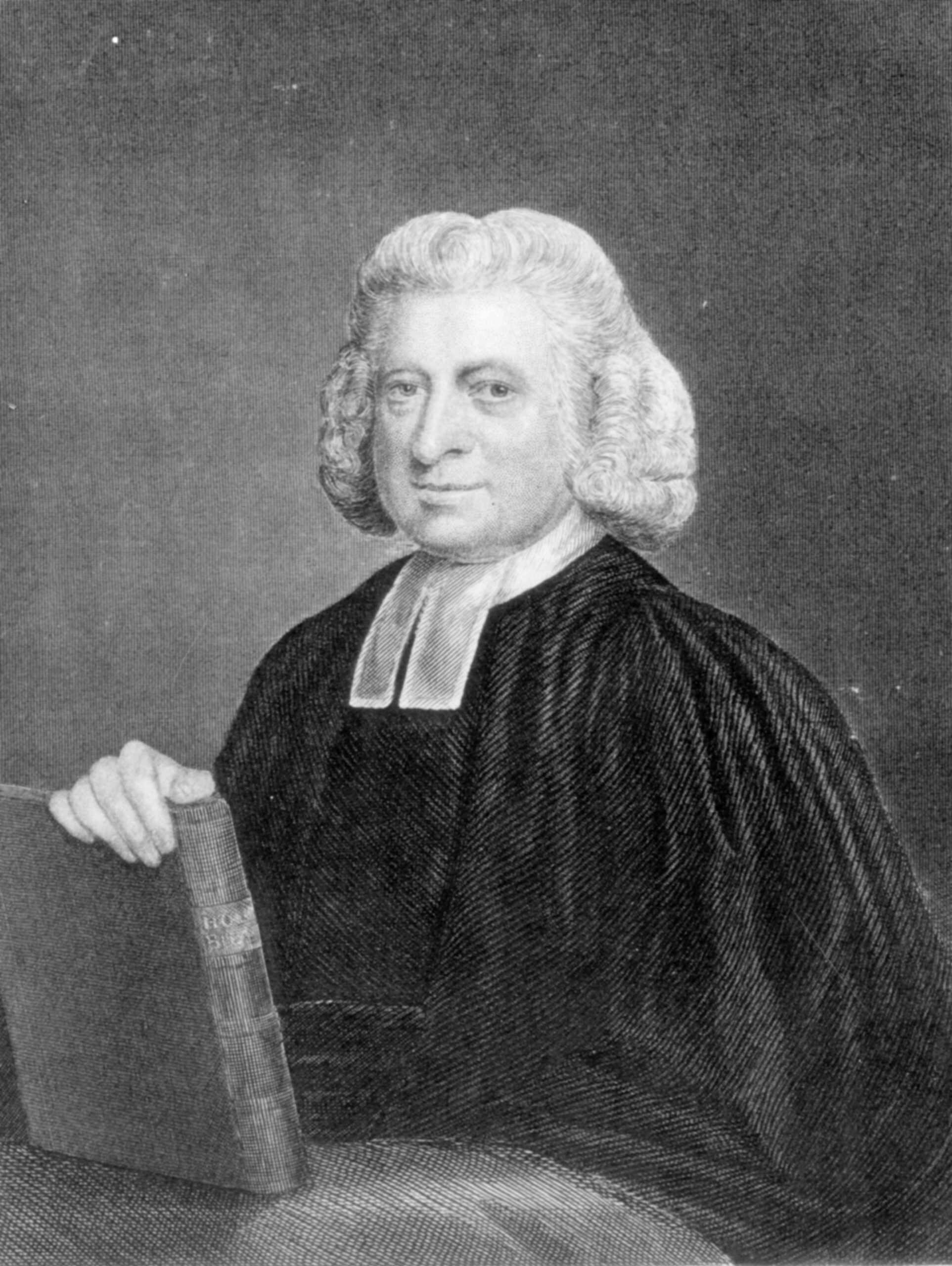
Charles Wesley was born at Epworth, the eighteenth child and youngest of the three sons of Samuel and Susanna Wesley, on December 18, 1707. Raised in Susanna’s strict fashion that applied to all the children, Charles entered Westminster School in London in 1716. Samuel, the oldest of the brothers, was head usher having enrolled in 1704, had gone on to Oxford and now returned to Westminster. Charles became a King’s Scholar and received free board and tuition. He became Captain of the school in 1725, which carried some distinction. In 1726 Charles’ name headed the list of Westminster Scholars elected to Oxford University. Although Charles was not especially religious he participated in those gatherings that ultimately gave rise to the Oxford phase of the development of the Methodist movement.
Charles joined his brother John in going to Georgia in 1735 reaching Savannah on February 5, 1736. Charles served as secretary to General James Oglethorpe and as Secretary for Indian Affairs. He remained only six months. On the journey home, he stayed in month in Boston and arrived back in England on December 2, 1736. While ill, he was ministered to by a Mr. Bray and William Holland who lead him to an experience of faith on May 21, 1738, three days before John’s Aldersgate experience. Charles “found a deeper rest for his soul” and would then write “Where shall my wondering soul begin? How shall I all to heaven aspire?” He would then participate in the Methodist movement through hymn writing, field preaching, and traveling throughout England.
In 1748 he was ill at the home of the Gwynne family near Brecon in South Wales and this led to his marriage with the daughter of the family, Miss Sarah Gwynne. They would make their home first in Bristol and then in London. Eight children were born in Bristol but the three who survived infancy were Charles, Sarah, and Samuel. His many beloved hymns captured the central teachings of “scriptural Christianity” and Methodist emphases teaching the faith and stirring the soul. He died on March 29, 1788, survived by wife, three children, and several grandchildren.
